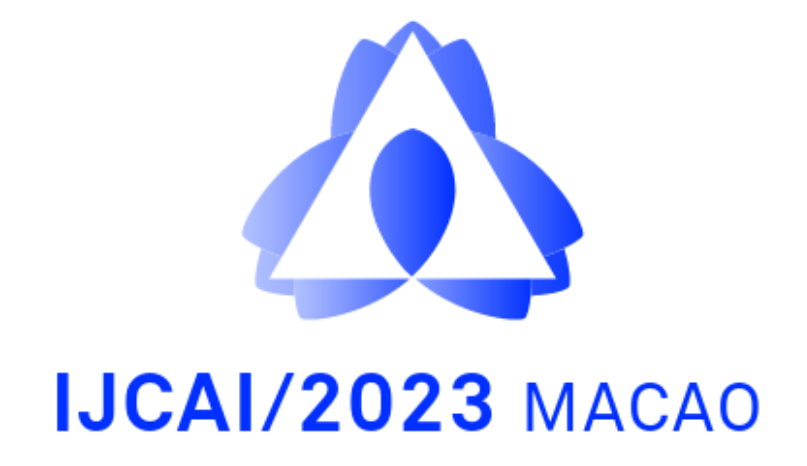There is a growing interest in developing artificial intelligence techniques demonstrating creative capabilities that can have a role in producing creative results or solving complex problems. Research in this field has already produced AI systems that can generate creative artefacts or behaviour in fields such as music, visual arts, storytelling, games, architecture, design and scientific discovery autonomously or in collaboration with humans.
The IJCAI 2023 AI, Arts & Creativity special track aims to explore the relationships between AI and the arts, creativity and creative practice. We welcome original technical submissions addressing, e.g., the following questions (non-exhaustive list):
- The role and application of AI to better understand human creative processes
- Computational paradigms, architectures and algorithms that can be used to model, simulate or implement creativity and creative processes
- AI systems that autonomously produce artistic outputs
- The application of AI to creative problem-solving, ideation and generation of creative behaviour in robotics, software systems, and other non-artistic domains
- Systems that address the complementary aspects and differences between human creativity and AI creativity
- Design of AI systems that support, challenge and provoke human creativity through collaboration and co-creation
- Methodologies for the evaluation of artefacts created with AI systems
- The potential cultural and social impacts of AI on creativity, creative practice, education and society
- Ethical issues raised by creative AI systems, including appropriation, authorship, integrity and bias
- Lessons that can be learned from fields such as psychology, cognitive science and artificial intelligence
Submission of Research Papers
Research papers are submitted with the same format and general instructions as for the main conference (https://ijcai-23.org/call-for-papers/) except that there will be no summary reject phase and no rebuttal, and we do not require extra files to be uploaded for previously rejected papers. Research paper submissions must meet all the Submission Requirements described in the above general instructions. In particular, they must be anonymous, and papers are expected to satisfy the highest scientific standards as submissions to the main track of IJCAI 2023. Also, double submissions to the special track and main conference are not allowed.
Supplementary material: Authors may submit up to 50MB of supplementary material, such as appendices, artifacts, data, or source code; all supplementary material must be in PDF or ZIP format. Supplementary material should be created by the authors that directly support the submission content. Like submissions, supplementary material must be anonymized. There is an entry “TechnicalAppendix” for supplementary files in the CMT system. Looking at the technical appendix is at the discretion of the reviewers.
Submit your research paper here: https://cmt3.research.microsoft.com/IJCAI2023/
Accepted research papers will be included in the IJCAI 2023 proceedings.
Submission of Demos
Unlike in 2022, the authors will not be able to submit demos to the AI, Arts & Creativity track. However, they are invited to submit demos relevant to this special track’s topic to the IJCAI 2023 Demo track, indicating the “AI, Arts & Creativity” nature of the demo within the submission procedure.
Important Dates
- Submission deadline (full papers, no separate abstract submission): February 1, 2023
- Notification: March 31, 2023
Note: There is no specific abstract deadline. All deadlines are anywhere on earth.
The Track Chairs:
F. Amilcar Cardoso
Anna Kantosalo
François Pachet
Enquiries
Please, send all enquiries about the AI, Arts & Creativity Track to the Track Co-Chairs – via email: arts@ijcai-23.org
